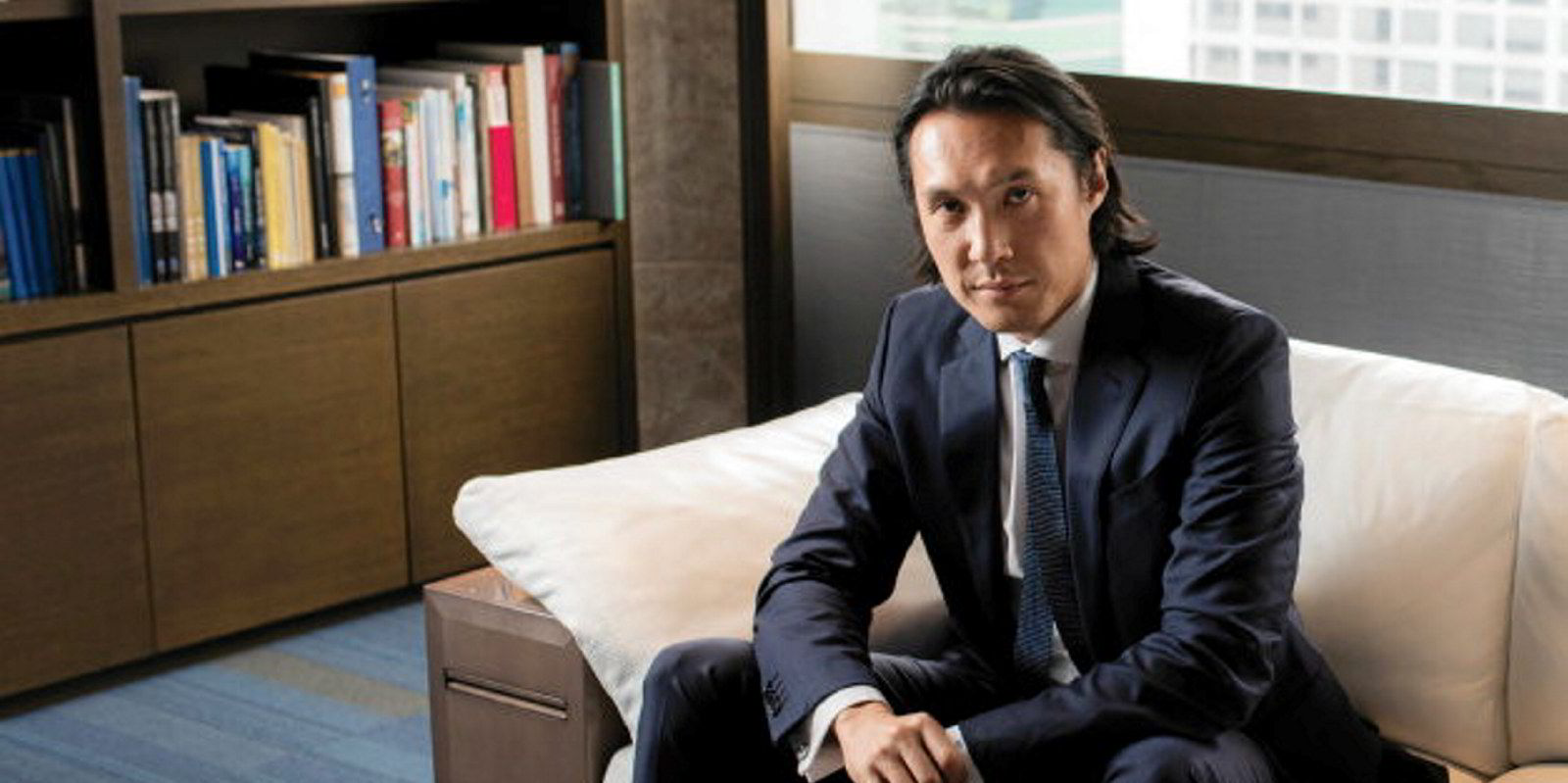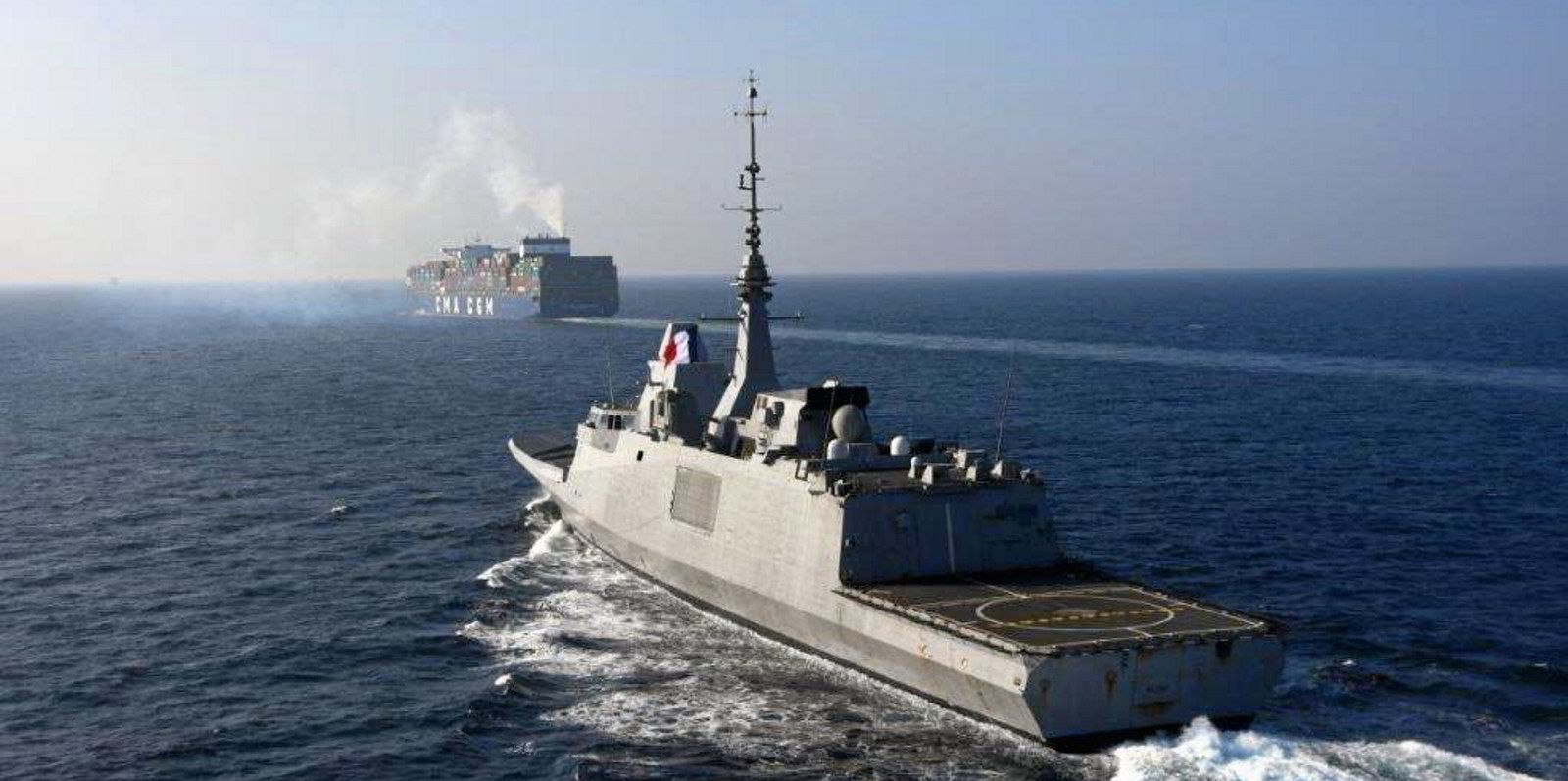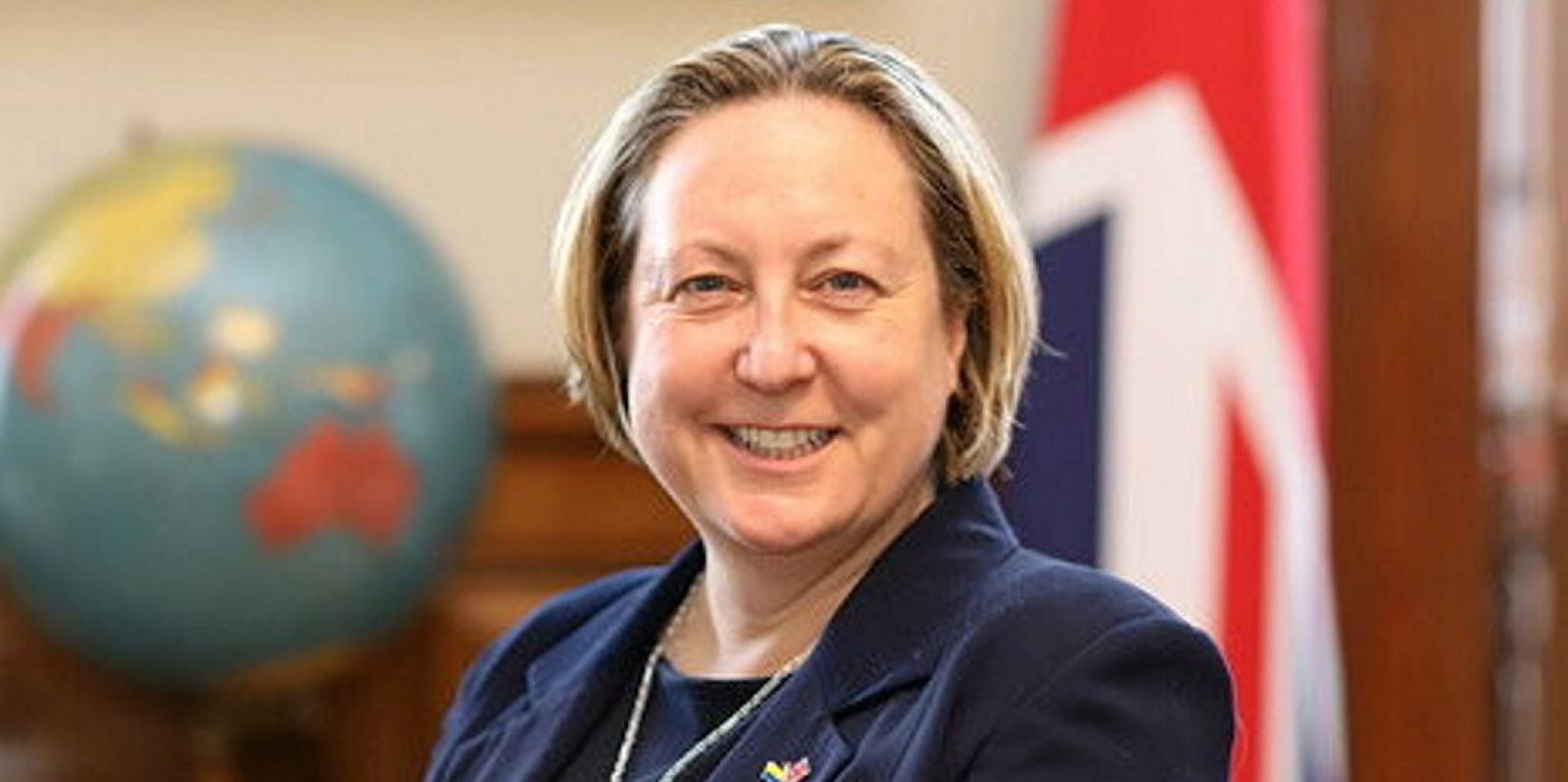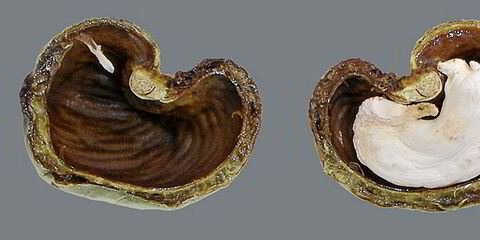Sanctions are cancelling out whatever environmental progress regulators are trying to promote through tougher emission rules on shipping, a senior Hong Kong-based ship owner argued during Posidonia on Monday.
“While the world is talking about decarbonisation, in reality, politicians are generating more carbon through sanctions and by making global trade much more convoluted than it used to be,” Hing Chao, executive chairman of Wah Kwong Maritime Transport Holdings said during the Capital Link Maritime Summit.
Sanctions and trade wars are “extending the supply chain, making global supply longer and more expensive and, unfortunately, producing much more carbon,” Chao elaborated.
Another related argument put forward by other maritime sources and pressure groups is that the increased use of outdated ships by sanctioned countries, such as Russia, are increasing the risk of maritime accidents and the burning of dirty fuels.
Chao, a third-generation owner of the traditional bulker and tanker company, previously welcomed tougher environmental regulations being adopted at European Union level.
“We are driven by regulators to be more transparent and accountable and in this sense I don’t think necessarily it’s a bad thing,” Chao said, adding that his company is already working closely with technology companies to improved its automated carbon emission collection mechanism.
At the same time, however, Chao described the bigger world picture in much bleaker terms.
“I’m sorry for sounding like a pessimist,” he told a panel in which major Greek owners John Coustas, Nikolas Tsakos and Harry Vafias were also present.
“The world has become multipolar rather than unipolar — in this new world… historical fissures that have been papered over by economic growth will turn into cracks and these cracks can lead to warfare,” Chao said.
“We’re unfortunately at the beginning of this,” he added.
Despite his pessimism, Chao said there is no immediate reason that should lead friction between China and Taiwan to deteriorate.
“So long as Taiwan remains Chinese in culture and there is a relationship somehow, I don’t think mainland China will be rushed into doing anything drastic,” he said.
Other panelists argued that, however regrettable, global conflict has improved shipping markets.
“Obviously, we don’t like wars and we don’t like people getting killed in Ukraine and Gaza but, unfortunately, these are positive for shipping,” Vafias said.
Chao countered that the benefits will likely be shortlived.
“In the short- to medium-term any kind of disruption will be beneficial for shipping but medium-to-long-term it’s bad for everybody,” he said.





